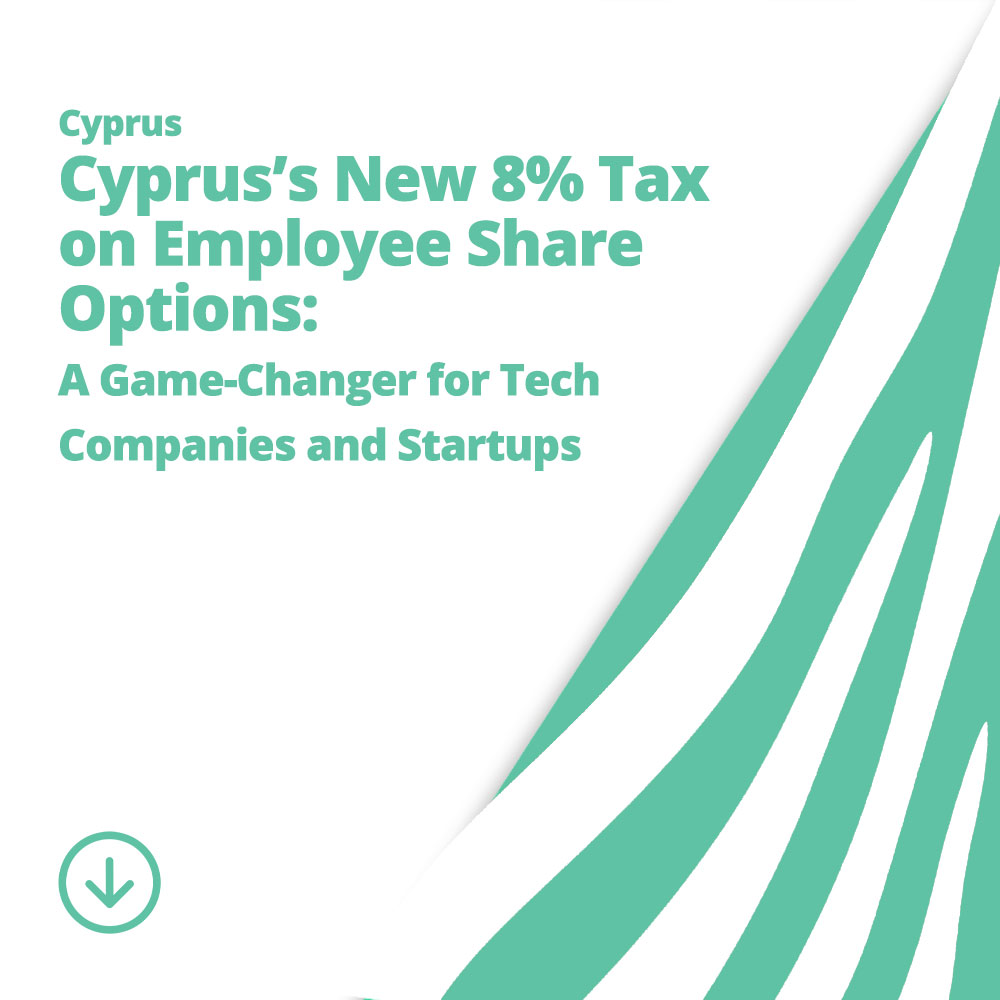Remote working is nothing new. People in have had the ability to work from home (WFH) for decades. But it’s only recently, since the COVID-19 pandemic, that the WFH phenomenon has become commonplace. Nowadays many employees can spend almost every working day out of the office, as opposed to only a couple of years ago when WFH was something that only certain people were allowed to do a few days per year.
Pre-COVID, due to the sporadic and uncommon nature of WFH, it was almost accepted that people ‘wouldn’t get as much done’, but they might have been given some flexibility by their employer perhaps because they had a sick spouse or relative who needed a few days’ care.
Many current studies seem to imply that employers’ attitudes to their staff WFH is often a ‘generation thing’. Boomers, many of whom started their office lives in the 1970’s, those in their 50’s and beyond, never had a computer at their desk back then and may see communications technology as a useful addition to the workplace, but no substitute for face-to-face interaction.
But attitudes are changing, as it’s becoming evident that working from home works for everyone! There are many obvious advantages and disadvantages for employers and employees alike, but the upsides are rapidly outpacing the downsides as mindsets change and technology is adapting to iron out any wrinkles.
Here at EZ, we’re hearing more and more good things from managers and workers alike that WFH is the new way forward. Most interestingly, it seems to be emerging that the perceived problems of WFH aren’t about *where* people work, more the sort of people we are. If we examine the commonly held beliefs about the pros and cons of WFH, but then look at them not from a location but a personal competency and preference basis, the issue of geography soon becomes fairly unimportant. Let’s deconstruct some of the theories to find out more:
- PRO: WFH increases productivity. This has almost universally been found to be true, especially in industries where remote working offers those with other commitments to work in the evenings, or even night owls who like to be over their laptops in the small hours. Think of companies with offices or clients in different time zones, at 3am in Cyprus it is 11am in Sydney. At 9pm in Nicosia it’s only 2pm in New York. The flexibility advantages are a clear winner. There are those who are night owls, and those who are early risers, WFH allows both these types of people to flourish.
- CON: WFH leaves staff feeling ‘disconnected’. Whilst it is true to say that face-to-face communication can be more effective than video calls, some people are just naturally shy and can feel disconnected even after a watercooler chat. With all the different communication conduits nowadays, there’s no excuse for not being able to participate in a group meeting or a discreet tete-a-tete. The fact that some people aren’t good at coming forward to voice concerns is nothing to do with their location, but everything to do with personality. The benefits of remote comms far outweigh the need to be in the same room. In fact, shy people can always turn off their webcam and claim that their internet connection isn’t so good, but they can’t walk out of a metaphysical meeting!
- PRO: Going to work is expensive for employer and employee alike. WFH obviates the need for travel costs by staff and provision of a onsite benefits by management. Nobody has to buy smart clothes, just a smart top for the video calls, but you can be in your joggers and slippers for the bottom half! Childcare costs can be reduced or eliminated, just as companies can move to smaller premises without large car parks and acres of open plan office space – large rooms cost a fortune to heat or air-condition.
- CON: Increased distractions. Unless you live alone as hermit in a cave somewhere in Nepal, your environment will always have a varying number of distractions. Some people can filter out noise, others can’t. Some people find a crying baby cuts through them like a buzz-saw, some find the open plan office, with people walking past and wanting to chat, to be even worse. The difference is that to a large extent, if you WFH you can control the distractions far better than in a shared office with 50 other people. At least WFH you can decide which distractions you can tolerate and take appropriate action.
- PRO: Reduction in absenteeism. It’s a lot more difficult to ‘throw a sickie’ if you work from home! People have the excuse that they should not have to travel if they are feeling poorly, but someone who has a tough commute is much more likely to call in sick than if they just have to walk from one room to another. Even if you’re feeling pretty bad, with WFH you can take a break in bed if you need to.
We can see why WFH is here to stay for those organizations and jobs where it’s appropriate. The market will ultimately decide; those industries that can remain profitable, with lower staff turnover due to beneficial arrangements, such as FinTech and financial services will adapt WFH more readily than sectors where the practice is less utilitarian.
In short, here at EZ we’re convinced that remote working, or at least a hybrid model, is best for all concerned. If you would like to find companies or employees that work in the way that best suits you, get in touch with us today.



